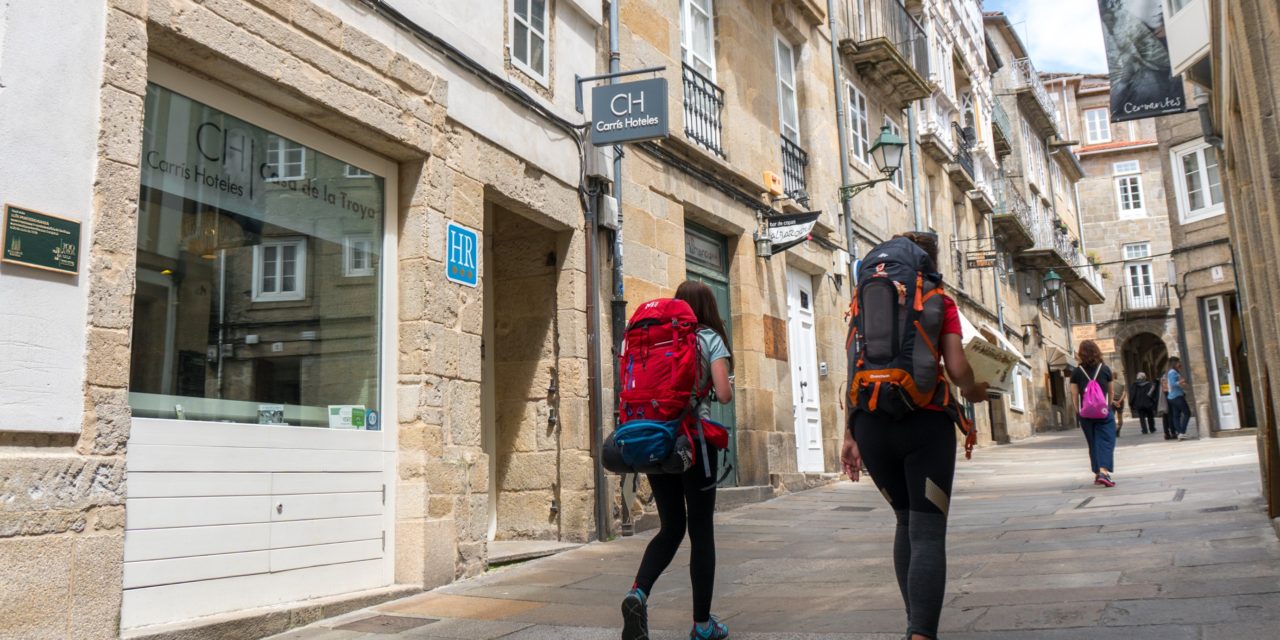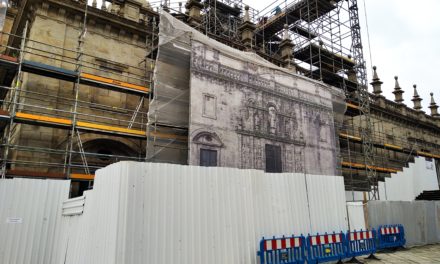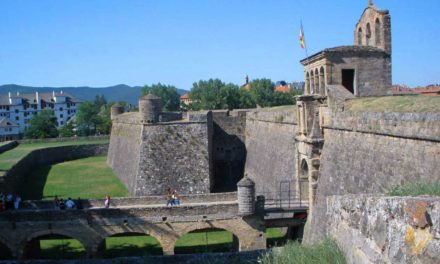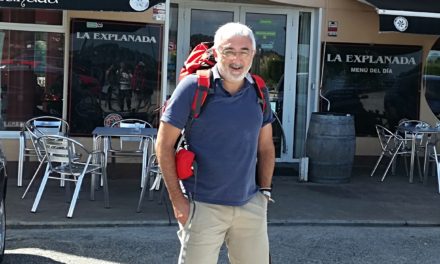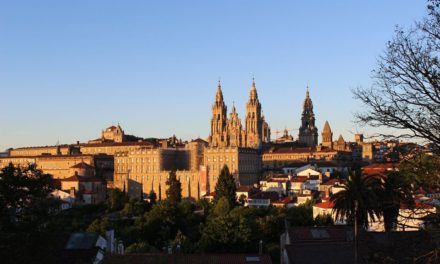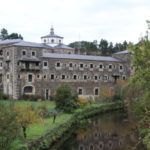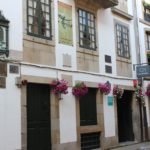The albergues are the most popular accommodation on the Camino, the only ones designed specifically for pilgrims, but there are other types of accommodation that are increasingly more specialized and adapted to the needs of pilgrims that coexist alongside them.
First of all, it is important that we remember some restrictions that are present in most albergues: dormitories are shared, private bathrooms don’t usually exist, reservations are not always allowed, schedules are restrictive and also the stay is normally limited to one night. Because of these restrictions it’s easy to imagine that, beyond the fact that pilgrims wish to live the experience of sleeping in albergues or not, even those who have opted for this type of accommodation sometimes decide to rest or sleep in other types accommodation.
To analyze the services, advantages and disadvantages of the different accommodations we will focus on hotels, pensions, rural tourism houses and hostels. The main common aspect of all of them is that they offer rooms and private bathrooms and are, therefore, more able to guarantee rest and privacy. Regarding the differences, as we will see they go far beyond the prices, of which the pilgrim will find great diversity in all types of accommodation.
Hotels are more expensive than albergues, bur usually they are the most comfortable option and one which offers more services and amenities. For this reason, many pilgrims who can afford it choose hotels to spend the night in along their Camino -which means that other pilgrims with more slender means can occupy the public shelters. On the Camino de Santiago many hotels also offer discounts to pilgrims with credentials, an aspect that should always be borne in mind.
Pensions offer lower prices than hotels and similar guarantees of sleep and rest, but not the same services and amenities. It’s easy to find a pension on the Camino for € 20-30 a night.
As for the rural houses, they are a very special type of accommodation. It is usually rural accommodation whose architecture has an historical or artistic value and whose services are very similar to those of a hotel. The price of rural houses varies a lot, a double room can cost around € 50 a night, the rates vary a lot, and in many cases there is the possibility of half-board with dinner and / or breakfast included. The rural nature of these accommodations has made them an option closely linked to the different routes of the Camino de Santiago, so it is relatively easy to find pilgrims or agencies that organize the entire Camino with this type of accommodation; but it must be understood that they are not always located within the centres that the Camino crosses and that they usually have just a few rooms, so it is important to book in advance.
Another option that should not be confused with the albergues are the hostels. Although very similar in services and services to albergues, they are not designed only for pilgrims and do not require the credential of their guests. Among the similarities to the albergues are the dormitories and shared bathrooms and the relatively low prices, which can be higher than in the albergues in urban areas or when they offer shared dormitories and bathrooms but with a small number of people. Regarding the differences, on the one hand not being an exclusive accommodation for pilgrims, in hostels there is the possibility of living with tourists and backpackers; on the other hand, accommodation in hostels allows more than one overnight stay and offers freedom of access.
Finally, we cannot fail to point out that there are pilgrims who decide not to resort to any type of accommodation. Pilgrims who want to make the Camino without money, pilgrims who sometimes call themselves “Franciscans” and who prefer to sleep outdoors or where they find some kind of shelter. We do not recommend it especially, but we cannot forget that this experience exists and that for some pilgrims – without the means to be able to pay for accommodation, it has proved to be a way of recovering their faith in others, and of finding solidarity and help from fellow human beings.

